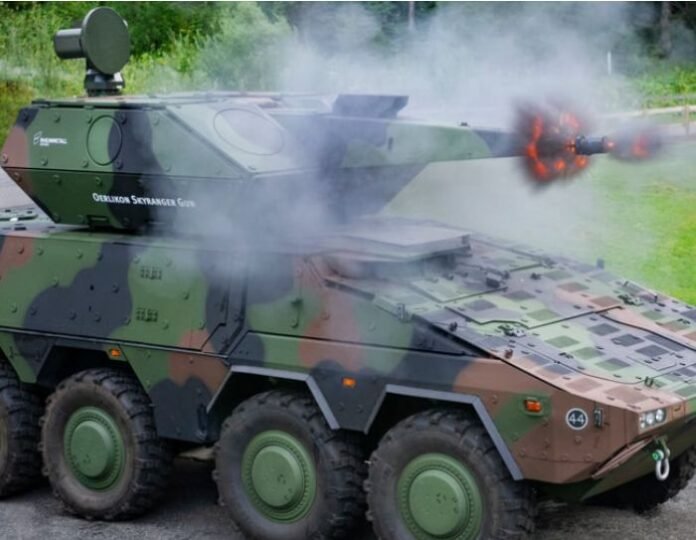New Cybersecurity Standards for Defense Contractors: A Game Changer for the Industry
Crain’s Detroit Business
Nov. 5, 2024
By Elizabeth Schanz
In an era where cyber threats loom large, the U.S. Department of Defense (DoD) is taking significant steps to bolster the cybersecurity posture of its supply chain. Manufacturing defense contractors will soon be required to comply with new cybersecurity standards known as the Cybersecurity Maturity Model Certification (CMMC). This initiative aims to ensure that companies involved in defense contracting can adequately protect sensitive information from cyberattacks. With the deadline for compliance looming, the implications of these standards are profound for the defense manufacturing sector.
Understanding the CMMC Program
The CMMC program was developed over nearly three years, with the goal of creating a unified standard for cybersecurity across the defense industrial base. The initiative emerged from growing concerns about the vulnerability of defense contractors to cyber threats, particularly as incidents of data breaches and ransomware attacks have surged in recent years. The CMMC framework is designed to assess and enhance the cybersecurity practices of defense contractors, ensuring that they can safeguard Controlled Unclassified Information (CUI) and other sensitive data.
The CMMC consists of five maturity levels, each with specific practices and processes that contractors must implement to achieve certification. These levels range from basic cyber hygiene practices at Level 1 to advanced security measures at Level 5. As contractors progress through the levels, they are expected to adopt increasingly sophisticated cybersecurity protocols, ultimately leading to a more resilient defense supply chain.
The Challenges Ahead
Despite the well-intentioned goals of the CMMC program, the rollout has not been without its challenges. Government officials and technology consultants have raised alarms about the readiness of many defense manufacturers to meet these new standards. A significant portion of the defense industrial base, particularly small and medium-sized enterprises (SMEs), may lack the necessary resources, expertise, and infrastructure to comply with the CMMC requirements.
The delays in the implementation of the CMMC program have further complicated matters. Many contractors have been left in limbo, uncertain about the specific requirements they must meet and the timeline for compliance. This uncertainty has created a sense of urgency among manufacturers, as the consequences of non-compliance could be severe, including the loss of lucrative contracts with the DoD.
The Road to Compliance
As the deadline for compliance approaches, defense contractors are scrambling to understand the CMMC requirements and develop strategies to achieve certification. This process often involves significant investments in cybersecurity technologies, employee training, and the development of robust security policies and procedures. For many SMEs, this can be a daunting task, as they may not have the financial resources or technical expertise to implement the necessary changes.
To assist contractors in navigating the complexities of the CMMC program, various organizations and industry groups are offering guidance and resources. Workshops, webinars, and training sessions are being organized to help manufacturers understand the certification process and develop effective cybersecurity strategies. Additionally, partnerships with cybersecurity firms are becoming increasingly common, as contractors seek expert assistance in achieving compliance.
The Broader Implications
The introduction of the CMMC program is not just a regulatory hurdle for defense contractors; it represents a fundamental shift in the way the defense industrial base approaches cybersecurity. By prioritizing cybersecurity as a critical component of defense contracting, the DoD is sending a clear message about the importance of protecting sensitive information in an increasingly digital world.
Moreover, the CMMC program has the potential to influence cybersecurity practices across other industries as well. As defense contractors adopt more rigorous cybersecurity measures, best practices and lessons learned may spill over into other sectors, fostering a culture of cybersecurity awareness and resilience.
Conclusion
The Cybersecurity Maturity Model Certification program marks a pivotal moment for defense contractors and the broader defense industrial base. As manufacturers prepare to meet the new cybersecurity standards, they must confront significant challenges while also seizing the opportunity to enhance their cybersecurity posture. The stakes are high, and the implications extend beyond individual companies to the national security landscape as a whole. As the deadline for compliance approaches, the defense industry stands at a crossroads, with the potential to emerge stronger and more secure in the face of evolving cyber threats.

